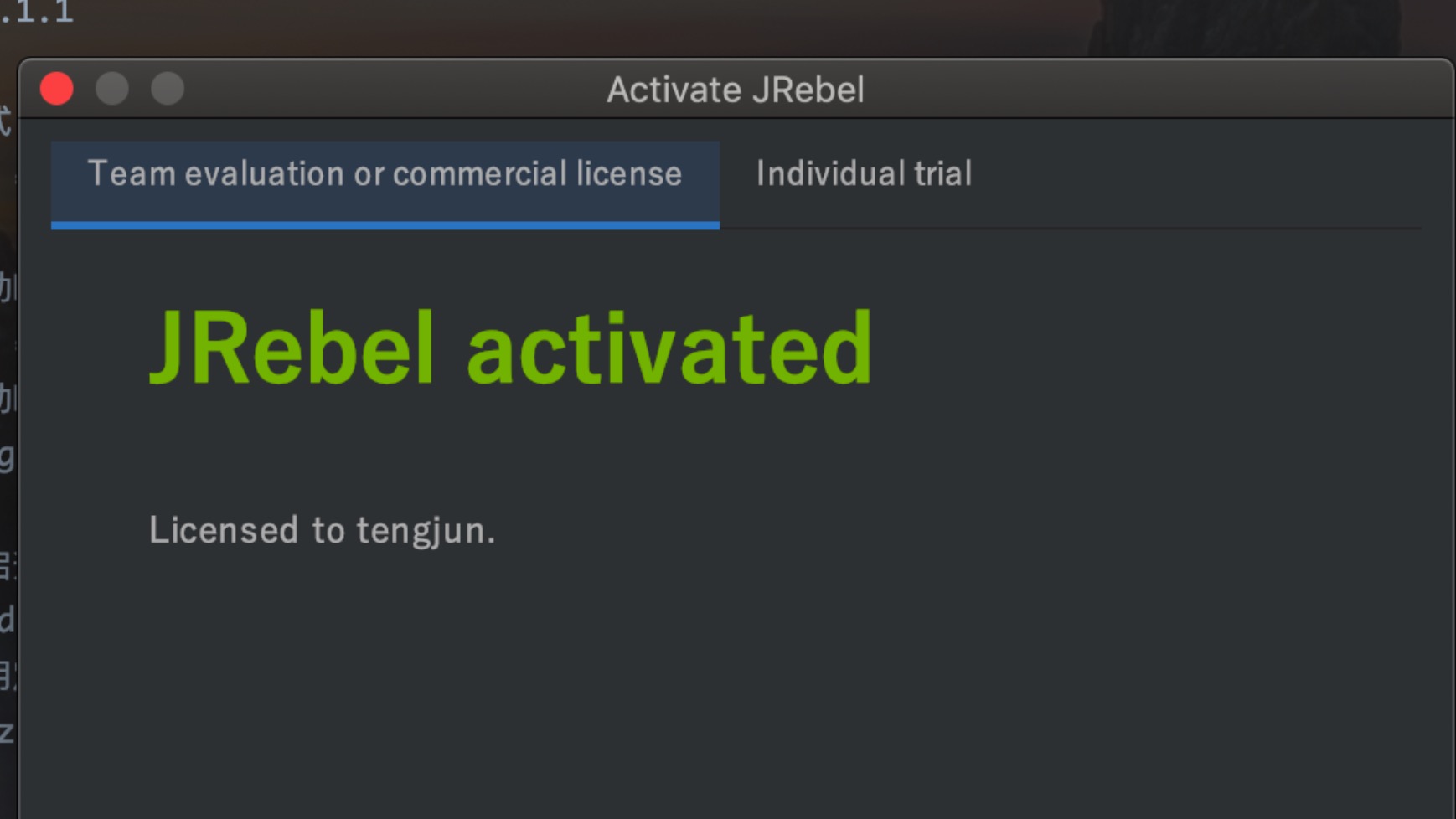
With support for over 100 frameworks, and many popular application servers, IDEs, and JVM languages, JRebel works out of the box for almost every stack. JRebel tracks changes that you make in your workspace, and updates them as you go, so you can keep focused on the code and stay in the zone without interruption. To achieve this, it does not wrap classloaders around classes, but patches existing classloaders to make classes loaded through them reloadable using instrumentation. You just save, refresh, and see the changes right away. JRebel instantly reloads changes made to a class structure, making a full app redeploy unnecessary. JRebel does not introduce any dependencies in your application, and does not require you to make any changes to the JVM. JRebel is often used through an IDE like IntelliJ and Eclipse but can be used without an IDE. JRebel is a JVM plugin and not an IDE plugin, framework, application server, or custom JVM.
Websphere jrebel install#
JRebel supports a majority of real-world enterprise Java stacks and is easy to install into existing development environments. Give your developers back their time so that they can maintain a constant flow as they develop their application. JRebel enables developers to get more done in the same amount of time and stay in the flow while coding. JRebel skips the rebuild, restart, and redeploy cycle common in Java development.

What Is JRebel? JRebel is a productivity tool that allows developers to reload code changes instantly. Read on to see how JRebel works and why developers choose this Java tool.

With JRebel, you and your team can bypass these wait times and spend more time coding. Over the course of a year, this results in hundreds of hours lost. Fifty-nine percent of developers surveyed in the 2021 Java Developer Productivity Report say they spend four minutes or more on redeploy times.


 0 kommentar(er)
0 kommentar(er)
